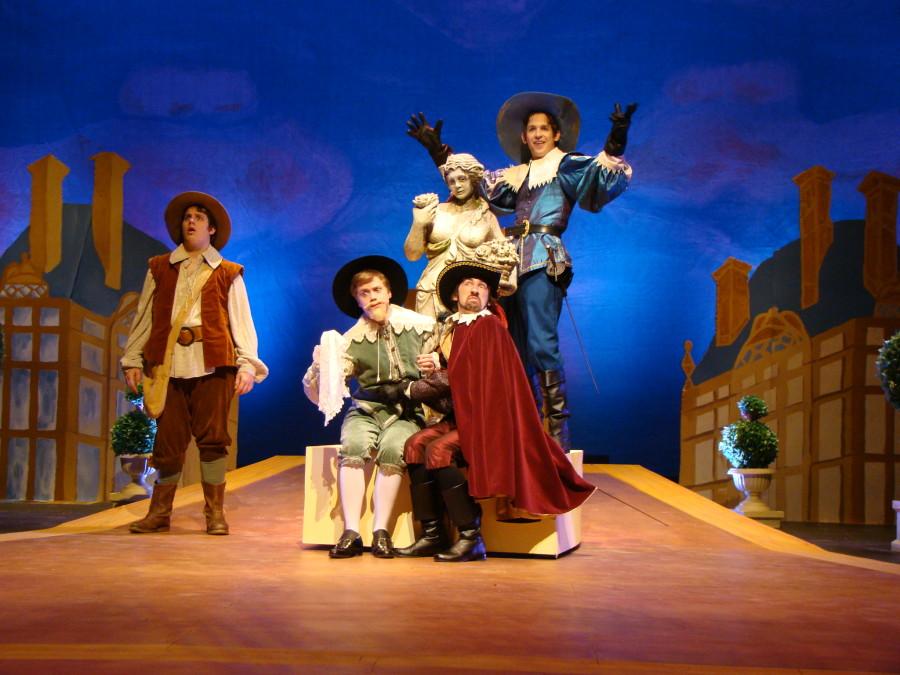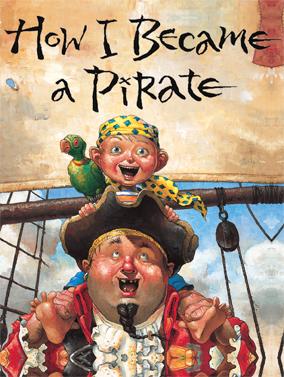“Simple” is not an adjective often associated with theater productions. For Thornton Wilder’s “Our Town,” however, simplicity encourages audiences to reconsider the importance of everyday life.
Marquette Theatre kicks off its 2014-2015 season with Wilder’s 1938 drama. Set in the early 20th century, the play follows George Gibbs (Ben Braun) and Emily Webb (Liz Formella) in their small community of Grover’s Corners, N.H. Some critiqued Wilder’s strong focus on monotonous, daily life with minimal action when it debuted 76 years ago in New York. Now, it is regarded as a groundbreaking work in American theatre that puts life into perspective.
“We as humans don’t really appreciate the gift of life that we have while we live it, and we probably should,” director Debra Krajec said. “My hope is that people leave the theater thinking about (that gift), thinking about, ‘Oh gosh, maybe I should call my mom,’ or ‘Maybe I should turn off my computer screen and go outside and enjoy the beautiful day.’ Take advantage of that kind of stuff.”
Marquette first produced “Our Town” in the 1989-1990 season; now, it starts a season commemorating the 40th anniversary of the Evan P. and Marion Helfaer Theatre. Krajec, who joined Marquette’s theatre department in 1984, said this season’s productions explore a theme of “coming home” specifically for the celebration. In addition to its connection with the theme, the play was chosen as this season’s opener because of its relevance to college students living in a technology-dominated age.
“Every time I cross campus, I see most people are on their phones or listening to an iPod, not looking at each other even,” Krajec said. “And I know I’m guilty of it, like everyone else. I’m super wired, but this play has made me really stop and realize … you never know what can happen. Somebody can die in a second, and your life will be forever changed.”
In addition to its subject matter, “Our Town” differs from other productions of its era by occasionally breaking the fourth wall and jumping around in time. The simple set design calls for few props, so any action must be made clear through the actors’ body language and the audience’s imagination.
Dan Callahan, a senior in the College of Communication, pantomimes most of his props as the town doctor and George’s father, Dr. Gibbs.
“If I have a doctor bag, I have to visualize it in my head, hold it up, and make the audience see what I’m holding without actually holding anything,” Callahan said. “So you have to remember the weight of the doctor bag, what does it look like, and knowing that will show the audience what you’re seeing.”
Formella, a junior in the College of Communication, believes the unembellished stage better allows the audience to concentrate on the important aspects of the show.
“The script is so well-written that you don’t need props and things,” Formella said. “I think it’ll make the audience really concentrate on what we’re saying and what the play is trying to communicate rather than being distracted by elaborate backdrops or the crazy costumes.”
“There’s no special effects,” Krajec said. “There’s no trappings of any kind. It’s just the performers in the space, and I think there’s something really amazing about watching young actors deal with material like this that seems deceptively simple, but has so much impact to it.”
The screenplay also calls the actors to channel a wide range of emotions. In one particular scene, George breaks down and convulses in tears at the grave of a loved one, a feat that takes physical and emotional preparation from Braun.
“I try to think as myself, Ben Braun, ‘What have I gone through in my life that would make me feel this way?’” Braun said. “So before my scene comes, I’ll prep myself. I’ll listen to sad music. I’ll read letters from past loved ones who get me in that zone, and when I go out, I’m ready to just break down and cry.”
To avoid letting the heavy material affect them too greatly, the actors often joke with each other and, in the process, grow closer as a cast and as friends.
“We’ll tease each other,” Braun said, “But at the end of the day, we’ve got each other’s backs. It’s kind of rare to meet a group of people that will be there for you even though it’s in a professional setting.”
Since the show celebrates the theater’s 40th anniversary, the cast expects numerous Marquette theatre alumni and President Lovell to be in attendance. For Braun, the significance of the production does not affect his preparation.
“If anything, I’m more excited that we get to bring back all these people that used to bring life to our theater,” Braun said, “and just to see if we can have them talk to us and say what (it’s) like in the real world now.”
While Formella shares a similar excitement, she is also nervous to play Emily, her first lead role in a Marquette Theatre mainstage production.
“I hold everyone’s high expectations, so hopefully, everyone likes it,” Formella said.
Though the play has been reproduced and adapted numerous times since its debut, Krajec said its inspirational call to live in the moment keeps it showing on stages across the country.
“It’s lasted for a reason,” Krajec said. “Like Shakespeare, it has universal messages in it that transcend time periods.”



